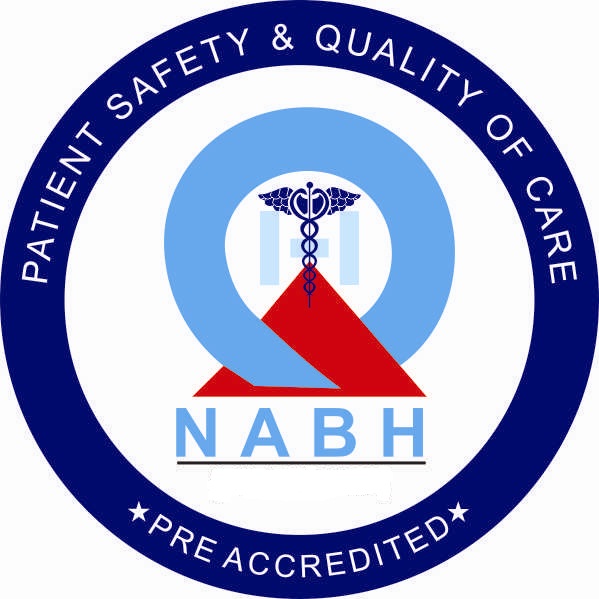Posterior urethral valves (PUV) is a condition found only in boys. PUV occurs in one in every 8000 boys born. It affects the urethra (the tube which runs from the bladder to the outside). In boys with PUV, the urethra has a blockage in it near the bladder. This makes it difficult for them to pass urine. As the bladder pushes hard to get the urine out, it causes pressure which may result in urine being pushed back from the bladder into the ureters and kidneys (reflux). This causes the kidneys and bladder to swell. This also may lead to kidney damage.
- What are the symptoms of PUV?
- How is it diagnosed?
- How can PUV be treated?
- What is the outlook for children with PUV?
What are the symptoms of PUV?
There are various symptoms associated with PUV, but they may not affect every child in the same way. The degree of blockage affects the severity of the symptoms. These boys can have
- Urinary tract infections (UTIs)
- Difficulty urinating
- A weak stream of urine
- Unusually frequent urination
- Bedwetting after toilet training has been successful
- Poor weight gain
- An enlarged bladder, so that it can be felt through the abdomen as a lump
How is it diagnosed?
PUV can be diagnosed by a routine ultrasound scan during pregnancy if the bladder, ureters or kidneys are swollen. It can also be diagnosed in a newborn baby if the bladder is swollen and urine dribbles constantly. If the blockage is not severe the condition can remain undetected until the child has symptoms as above.
- Ultrasound of abdomen – this is very similar to the ultrasound scan that most women have during pregnancy. It creates a picture of the organs inside the body and shows how well they are working.
- Micturiting cystourethrogram (MCU) – this test shows urine passing from the bladder to the urethra and then to the outside. It will also show if the urine is flowing backwards towards the ureters and kidneys (reflux).
- Blood tests – these will show how well your child’s kidneys are working and check that there is enough fluid inside the body.
Other tests and scans may be needed to check that other parts of the urinary system are working properly. These can include kidney and bladder function tests.
How can PUV be treated?
There are several options for treatment, depending on how severely the symptoms are affecting your child:
- The first course of action usually deals with the symptoms and includes putting a catheter (thin, plastic tube) into the bladder to drain away the urine. Any UTIs and fluid imbalance will also be treated with antibiotics and intravenous (IV) fluids, which are delivered directly into a vein.
- Following this the valves are destroyed with the help of a cystoscope (a tube with a light on the end) – called Cystoscopic fulgration. This is a delicate procedure and needs to be done under general anaesthesia. Following this a catheter is left in for a few days. Some times a second sitting is required after a few months.
What is the outlook for children with PUV?
The outlook depends on how much damage has already occurred in the kidneys. Your doctors will be able to give you a better idea once they have all of your son’s test and blood results. It is essential to keep up with the follow up appointments as they need long term monitoring; some time for years together.


